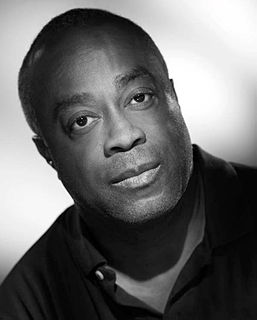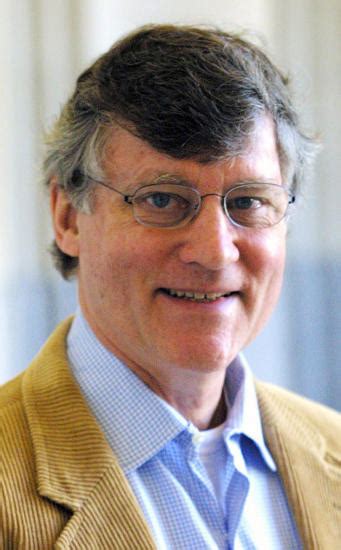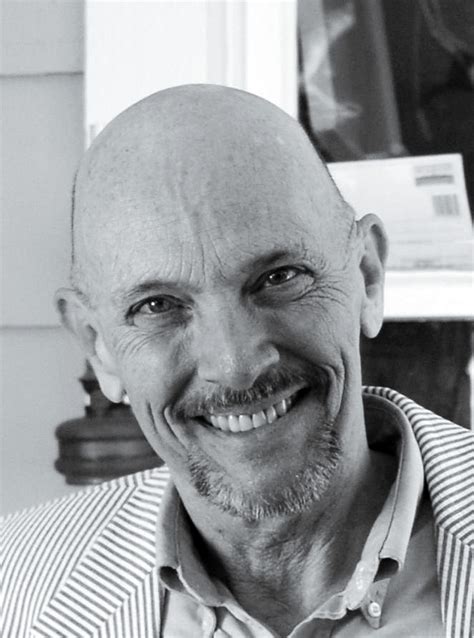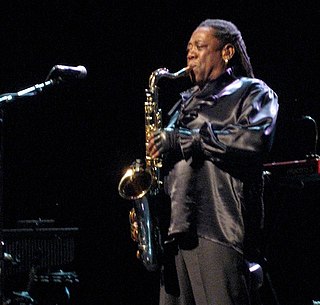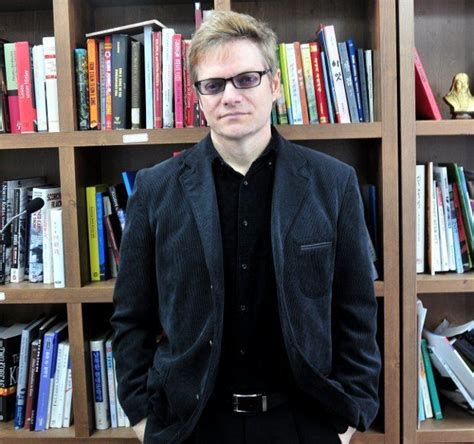A Quote by Charles Burnett
Coming from the South and growing up in L.A. where it was so segregated - worse than the South in many ways - all the people in my neighborhood were from the South. So you had that Southern cultured environment. The church was very important. And there were these folk ways that were there. I was always fascinated by these Southern stories, people would share these mystified experiences of the South. I wanted to talk about folklore.
Related Quotes
William Ferris has long reigned as the unimpeachable source of the entire southern experience. His work on southern folklore and the composition of the Encyclopedia of Southern Culture have made him both legendary and necessary. His book, The Storied South , is a love song to the South Bill helped illuminate. It's a crowning achievement of his own storied career.
I have dear friends in South Carolina, folks who made my life there wonderful and meaningful. Two of my children were born there. South Carolina's governor awarded me the highest award for the arts in the state. I was inducted into the South Carolina Academy of Authors. I have lived and worked among the folks in Sumter, South Carolina, for so many years. South Carolina has been home, and to be honest, it was easier for me to define myself as a South Carolinian than even as an American.
At the beginning of the 20th century, before the migration began, 90 percent of all African-Americans were living in the South. By the end of the Great Migration, nearly half of them were living outside the South in the great cities of the North and West. So when this migration began, you had a really small number of people who were living in the North and they were surviving as porters or domestics or preachers - some had risen to levels of professional jobs - but they were, in some ways, protected because they were so small.
We were land-based agrarian people from Africa. We were uprooted from Africa, and we spent 200 years developing our culture as black Americans. And then we left the South. We uprooted ourselves and attempted to transplant this culture to the pavements of the industrialized North. And it was a transplant that did not take. I think if we had stayed in the South, we would have been a stronger people. And because the connection between the South of the 20's, 30's and 40's has been broken, it's very difficult to understand who we are.
Most of us who were opposed to the war, especially in the early '60's - the war we were opposed to was the war on South Vietnam which destroyed South Vietnam's rural society. The South was devastated. But now anyone who opposed this atrocity is regarded as having defended North Vietnam. And that's part of the effort to present the war as if it were a war between South Vietnam and North Vietnam with the United States helping the South. Of course it's fabrication. But it's "official truth" now.
Southern Kordofan is not a disputed territory. It is, and will remain, in the north, where the Nuba Mountains are. People believe there was a genocide there in 1990s. The Nuba, who are northerners, fought with the south in the north-south war. But they have their own individual interests, and they will remain in the north after the south splits.
